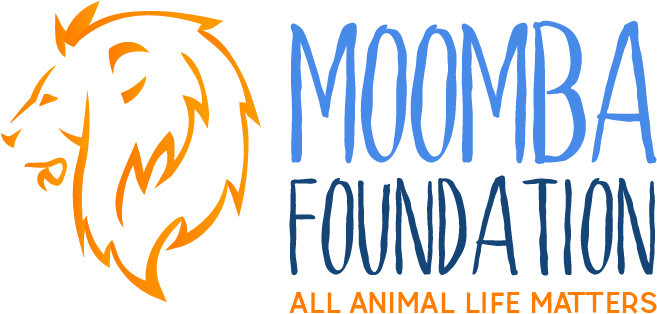![]()
What have we achieved and what’s next?
The Moomba Foundation have worked with lots of love and passion on a big rescue operation of 13 neglected lions and tigers from Argentina.
During this collaborations we were also able to help and rescue three lion cubs from a breeding farm who were rejected by the mother and not receiving the adequate nutrition. We have been requested to take them -Moomba-Thandi, Bella-Ntombi and Zamba-Navid- and ensure that they would live a healthy and happy life.
Currently
At the moment we are in conversation with a new rescue
project/sanctuary. More info about this soon!
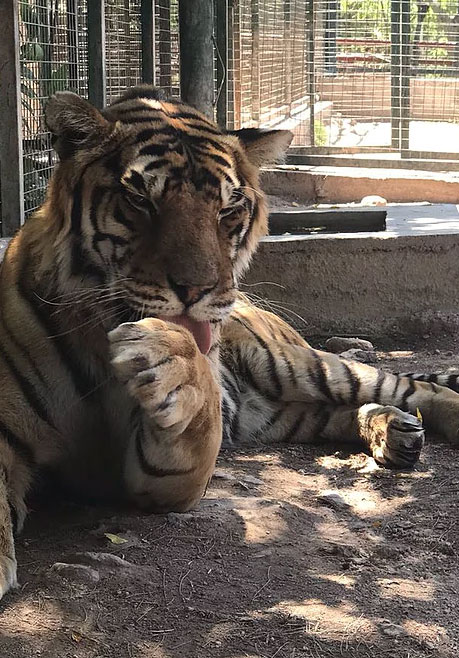
Moomba certificate
This foundation aims to make a distinction between animal parks that are involved with canned hunting/cub petting and the parks that do good. The good and ethical parks are entitled to and will receive a Moomba certificate.
To make this distinction, our foundation made a list of requirements we stand for.
People and/organisations and/or foundations that have experience with and knowledge in this field, helped to accomplish this list of requirements below. They have given us their support and agreed with our aim.

Qualifications
- There is no interaction (direct contact) with the animals and visitors/volunteers.
- They do not breed with the animals, unless it can be justified for the preservation of the species.
- Animals are not for sale. Buying encourages the trade even when meant to save an animal from unsuitable conditions. A negotiated ‘surrendering’ of the animal by the owner is always the preferred option.
- Guaranteed lifetime, unconditional and professional care for the animals is a must.
- There are no cubs, and certainly not all year round. When there are cubs, they are rescued from places like circuses, breeding farms or from private facilities.
- Logs of each and every present animal, from birth till death, are at any time available upon request.
- Each park should have a management plan for (safe-) keeping of the animals, with protocols, vision and mission statements, contingency plans, husbandry, animal welfare, veterinary and feeding plans.
PLEASE NOTE: the people/organizations/foundations, only signed our guidelines and are not responsible for the list of the animal parks we visited.
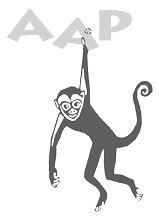
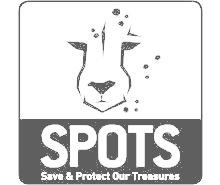
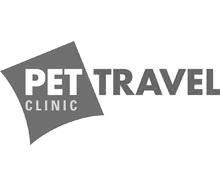
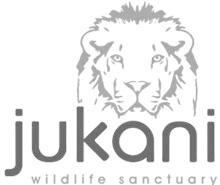
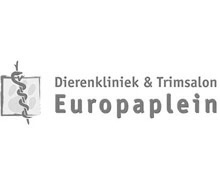
Be aware!
Tourist and volunteers often do not know that they are visiting a park that is involved in the canned hunting industry, so, how do you recognize a ‘bad park’ or breeding facility. Please ask yourself these questions:
- Are there many small cubs?
- Are you allowed to hug the cubs and walk them?
- Do they take the cubs away from their mother?
- Do they have a special breeding program?
- Are there much older male Lions?
- Are the costs high to get in, or for a picture with a lion?
- Are there many volunteers around?
If you can answer yes to most of these questions then it is most likely it is a breeding farm that participates in canned hunting.
It is also not clear where the cubs go to when they are too big, usually when they are around 2 years and older. This is the age when the lions are not manageable anymore and to dangerous for the tourist and volunteers. The animal keepers often tell the story that they put the animals back into the wild, but this is not possible and never happened before. A lot of these breeding facilities also have animals that do not live in Africa, like tigers, these never survive in the wild when they release them. So these stories are not true. And if the animals aren’t sold to hunters, they will live in a small cage for the rest of their life.
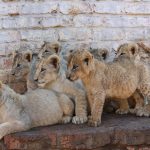 All these projects are not international recognized and the animals are not officially registered, like zoo animals. The SA government promotes the canned lion hunting industry, so do not be deceived by tourism brochures, which publicise cub petting or walking with lions.
All these projects are not international recognized and the animals are not officially registered, like zoo animals. The SA government promotes the canned lion hunting industry, so do not be deceived by tourism brochures, which publicise cub petting or walking with lions.
Often a lot of white lions are bred in these breeding facilities. This is also a sign you are in the wrong place. In the wild these lions are very rare and that is why the white lions are much sought after by hunters.
Breeding facilities advertise with cub petting, on their website you see pictures with tourists petting cubs. Realize that when you pet a cub you are enriching and supporting the canned lion industry. The same applies to any other interaction with wild animals.
When you visit a breeding facility, there are always a lot of cubs around which you can pet, walk and make pictures with. Also they have a lot of old male lions, because hunters love the big male lions with their manes. And a breeding facility often has a lot of volunteers walking around. Lionesses are forced to breed repetitively at such a facility and when the cubs are born they are removed from their mothers when they are around 3-10 days old. A true sanctuary will never have breeding animals and never have cubs all year around; they only have cubs when they needed to be rescued. Also there is never a possibility to interact with any animal.
Our Goal
We are building up a database of the good and ethical parks where tourists and volunteers can go to without concerns. Only that way we can create travel routes that people can follow so they can enjoy a vacation and still positively contribute to all South African animals. My ultimate target is to create a Mobile App that visitors can use to find a (good) park nearby.
To decide if these parks are good for their animals, I have to visit them and they have to satisfy certain points. Our foundation made a list of requirements we stand for together with people and/organisations and/or foundations that have experience with and knowledge in this field, and helped to accomplish the list of requirements. They have given us their support and agreed with our aim. When the parks satisfy all these points, we want to give them a certificate of being a good ethical park.
Not only we want to certify the parks, but all branches in this industry. The branches we want to contact are:
- Airlines
- Travel agencies and tour operators
- Hotels and lodges in the Southern African countries
- Bus and taxi companies
- Travel consultants
- Travel books publishing houses
- Stage agencies and volunteers sites
All of the above will be approached with the request to openly distance them from ‘ the evil industry ‘ and to promote a better life for wildlife.
The companies that openly distance themselves from the industry and want to follow our advice can carry the Moomba certified and use the logo on all their travel papers. We will follow these companies but also help them to point out places of interest that are certified because they do good work for the wildlife and the support of the tourists is desperately needed in order to survive.
The environmentally aware conscious tourist of today, will probably and hopefully rather choose for a hotel with these flyers and will not visit lion breeding farms, but the parks we recommend.
Only in this way the good companies and good animal parks can survive and the bad companies/parks will not (eventually). The breeding will decrease and hopefully eventually stop or be at a minimum.
This ‘ stop ‘ is certainly not overnight, I expect a long and difficult process with a lot of opposition from the ‘ evil industry ‘ but the wildlife has my word that I am willing to do anything for their wellbeing!
Of course this does not say that if we encounter animals in terrible conditions that we do not buy more animals to ensure them a better life. On the contrary! We are available day and night for each animal in need and will do everything within our ability to alleviate suffering. And of course we can use financially support and volunteers that want to help us give the all the wild animals living in captivity in Africa a better life.
Stichting Moomba Foundation
Kvk-nummer: 64601269
RSIN: 855738832
Molenbeekstraat 37-1
1078 XB Amsterdam, the Netherlands
info@moombafoundation.com
